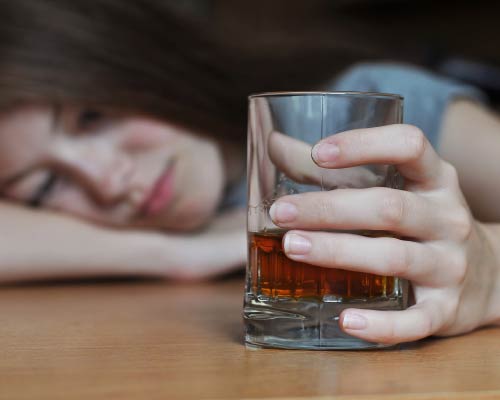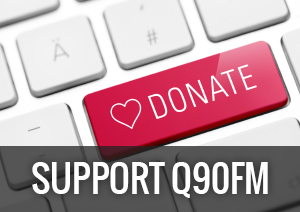Substance Abuse
Your child will be tempted and pressured to indulge in alcohol and illegal drugs. Simply telling them not to do it may not be the best solution.
As a teenager, they have not yet fully developed the connection between actions and consequences. That is why young drivers will often drive with excessive speed—they do not yet understand the consequences of losing their license, hurting someone else, or even dying in a crash. It is the same with alcohol and substance abuse. The temporary “high” of substance abuse is not worth the penalties and problems it will create, whether they get caught or not.
In today’s information age, our lives are open books. With Facebook, Twitter and YouTube, we must assume that anything and everything we do might just become public knowledge. Employers looking for employees thoroughly search social media to learn all they can about applicants.

Substance abuse takes many forms—alcohol, marijuana, cocaine and even “home brewed” concoctions that youth can learn how to manufacture over the internet. Talk to your children at a very early age about the dangers of substance abuse and watch out for signs they may be using—lethargy, carelessness, apathy or diminishing school grades. Know who they hang out with and what they are doing.
Substance abuse is often the gateway to depression and even suicide. These drugs and alcohol are depressants and have a much more lasting effect than a simple high or hangover. They destroy brain cells and lower inhibitions.
Talk openly with your children about drugs and alcohol—never punish them for confessing a temptation—you want them to openly share what they are thinking and feeling. Help them see the big picture difference between a life of substance abuse and a life with a sound mind. Find out what their life’s dream is and show them how alcohol and substance abuse can destroy that dream. Help them understand that every action has consequences—and some are lifelong consequences.




